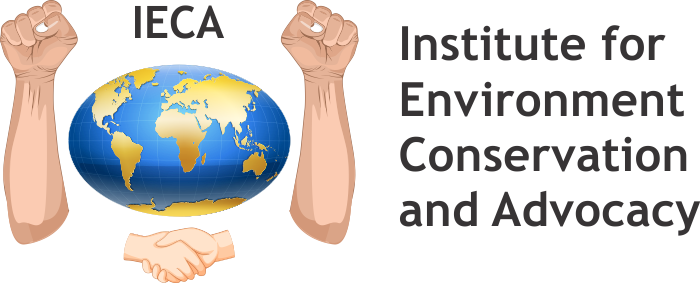Internships in experiential environmental education for college students provide valuable opportunities for hands-on learning, professional development, and gaining practical experience in the field. Here's how to structure such internships effectively:
- Identify Host Organizations: Partner with environmental education centers, nature reserves, nonprofit organizations, government agencies, or educational institutions that offer experiential learning opportunities.
- Define Learning Objectives: Clearly outline the learning objectives and goals of the internship program, ensuring that students gain relevant knowledge, skills, and experiences in environmental education.
- Project-Based Assignments: Assign interns to specific projects or initiatives related to environmental education, such as developing curriculum materials, leading outdoor programs, conducting research, or organizing community events.
- Mentorship and Supervision: Provide interns with mentorship and guidance from experienced professionals in the field who can offer support, feedback, and mentorship throughout the internship period.
- Hands-On Experiences: Offer opportunities for interns to engage in hands-on experiences such as leading nature walks, facilitating outdoor activities, teaching environmental lessons, or conducting environmental monitoring.
- Professional Development: Provide training sessions, workshops, or seminars on topics like environmental education theory, teaching techniques, communication skills, and program management to enhance interns' professional development.
- Reflection and Feedback: Encourage interns to reflect on their experiences, challenges, and achievements through regular check-ins, journaling, or group discussions, and provide constructive feedback to support their growth and learning.
- Networking Opportunities: Facilitate networking opportunities for interns to connect with professionals in the environmental education field through meetings, conferences, or networking events, helping them build valuable connections and explore future career opportunities.
- Evaluation and Assessment: Evaluate interns' performance and progress based on agreed-upon criteria, including their contributions to projects, professional conduct, and attainment of learning objectives.
- Final Presentation or Project: Encourage interns to culminate their internship experience with a final presentation, report, or project that showcases their learning, accomplishments, and contributions during the internship period.
By implementing these strategies, internship programs in experiential environmental education can provide college students with meaningful learning experiences, professional development opportunities, and valuable connections in the field, preparing them for future careers as environmental educators and advocates.

 Call :
Call :